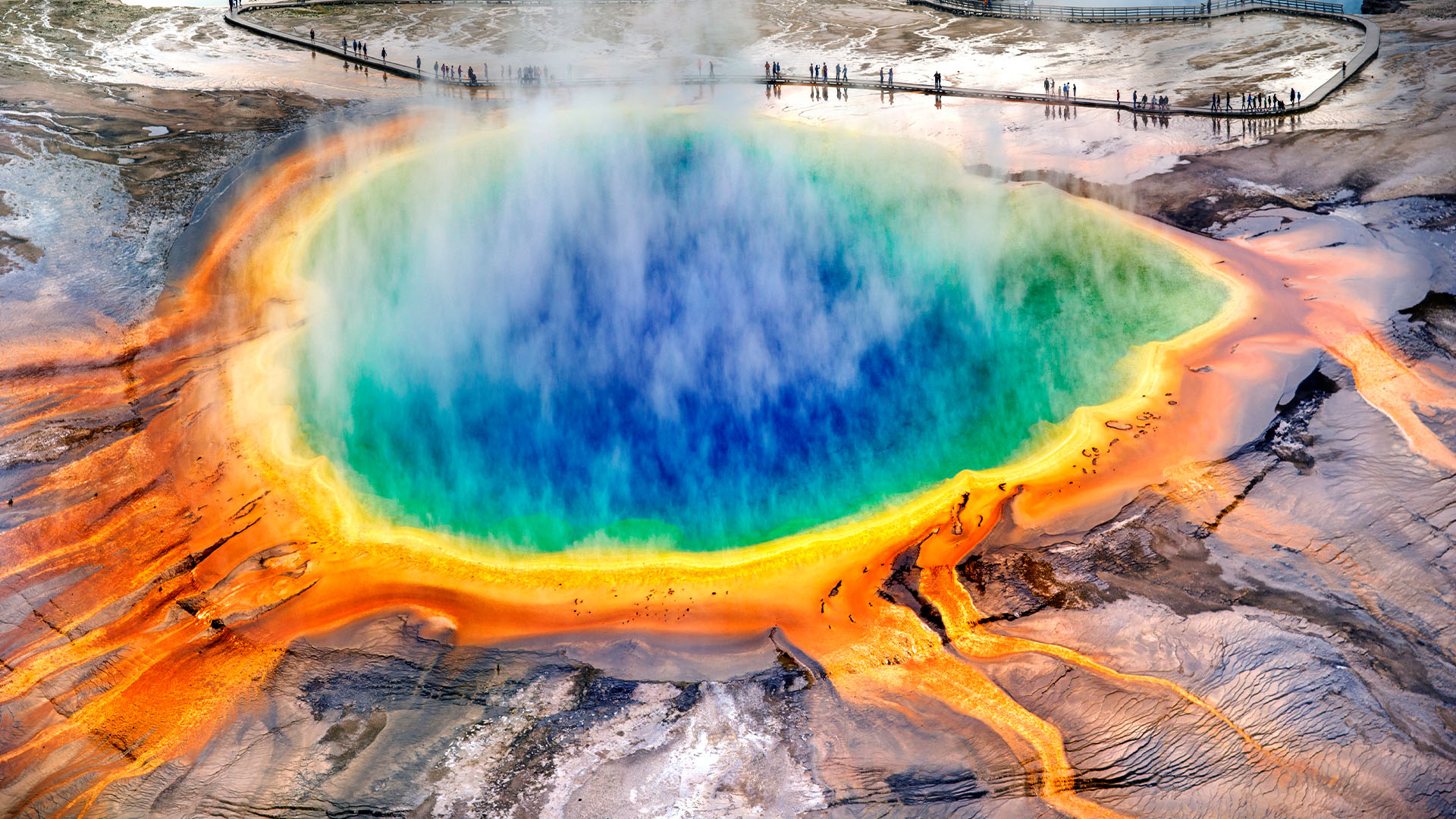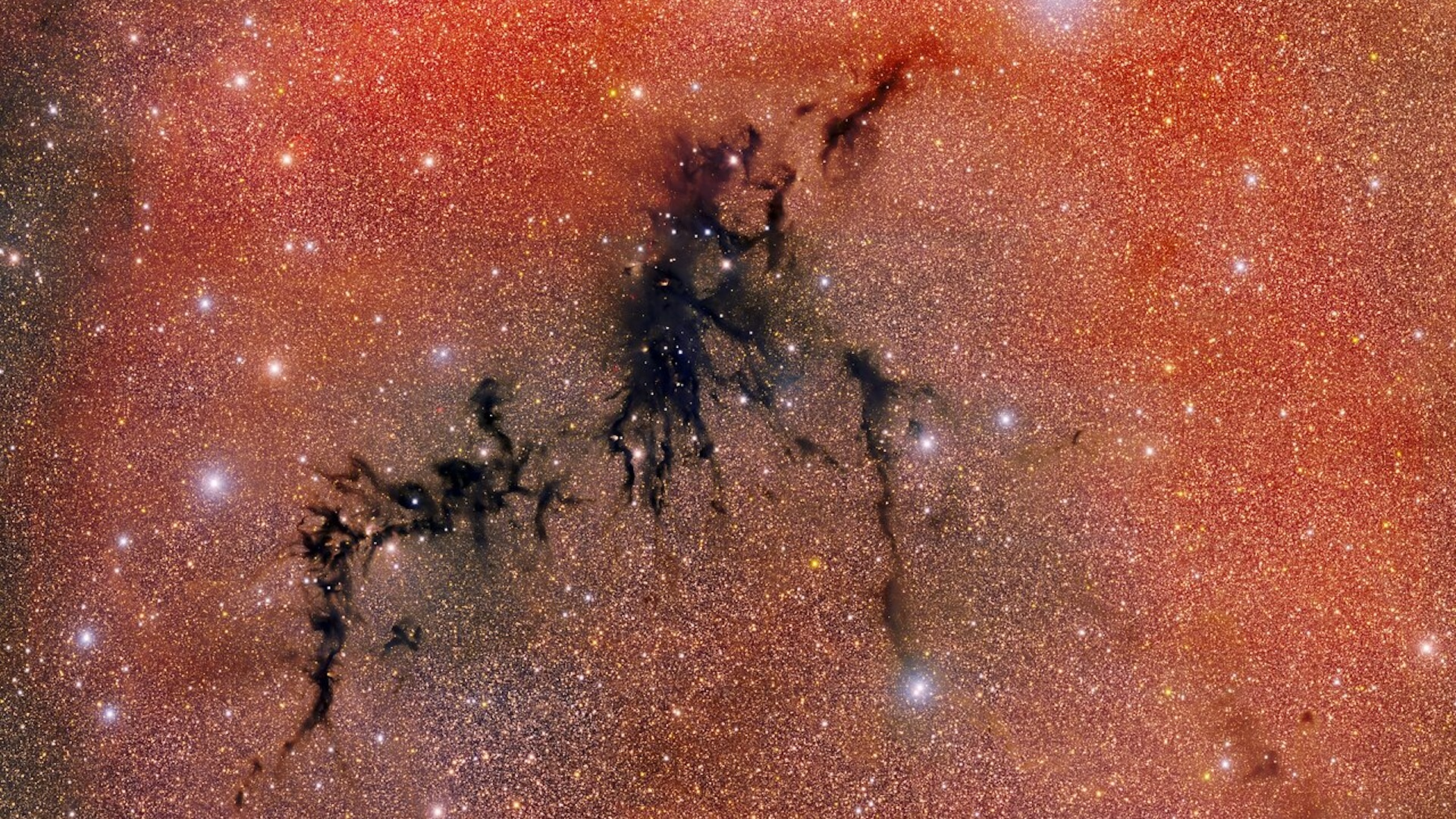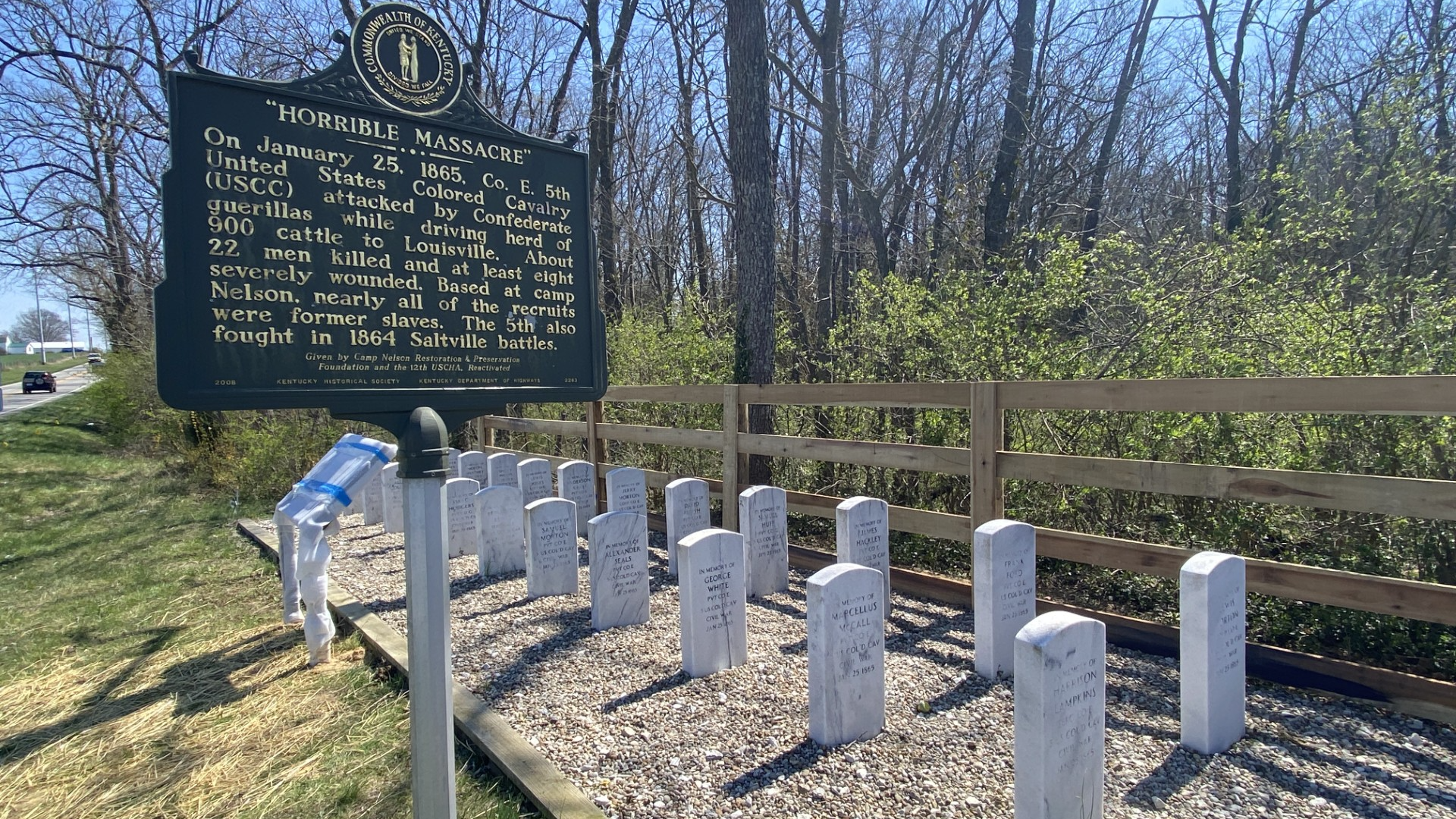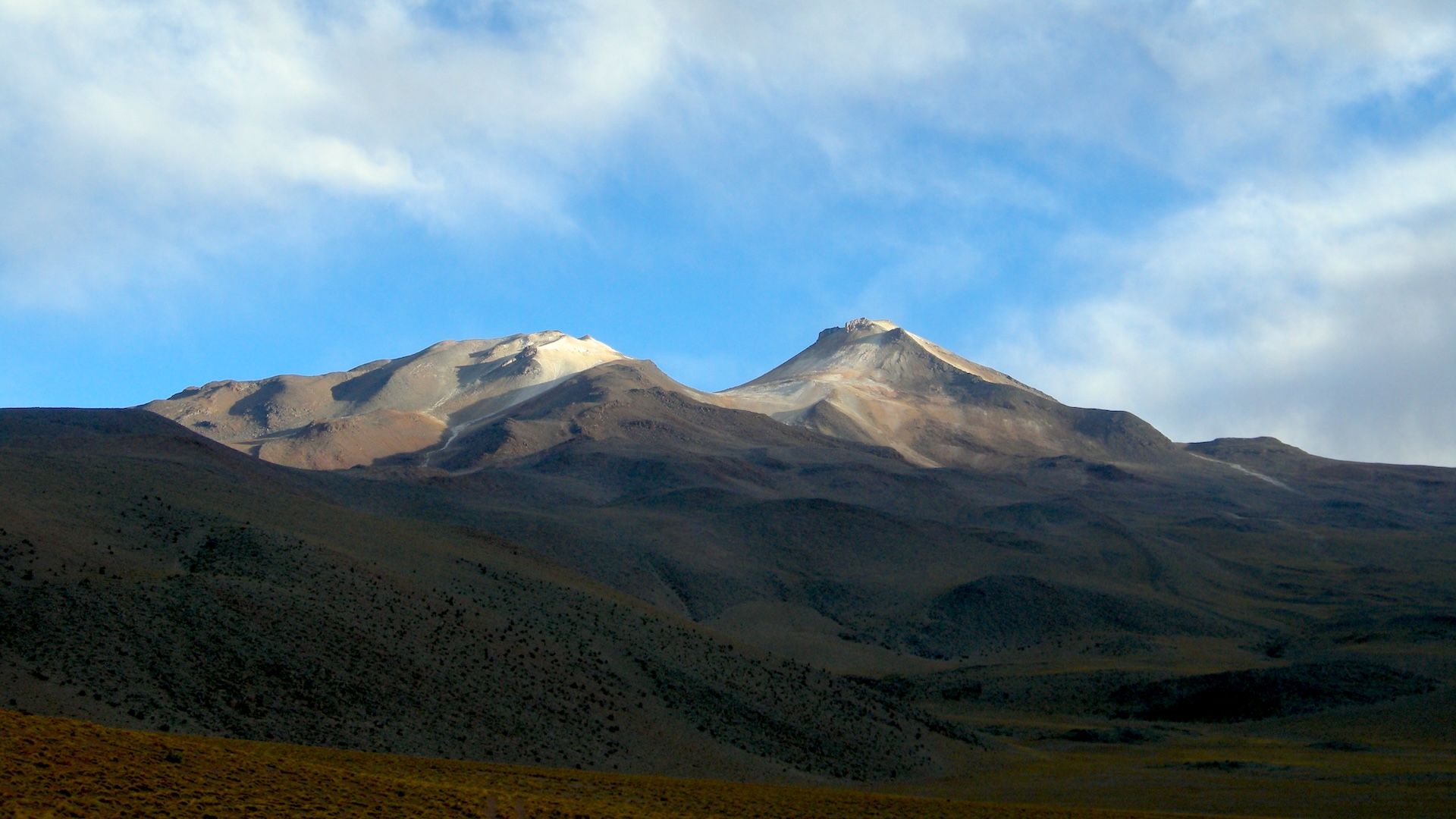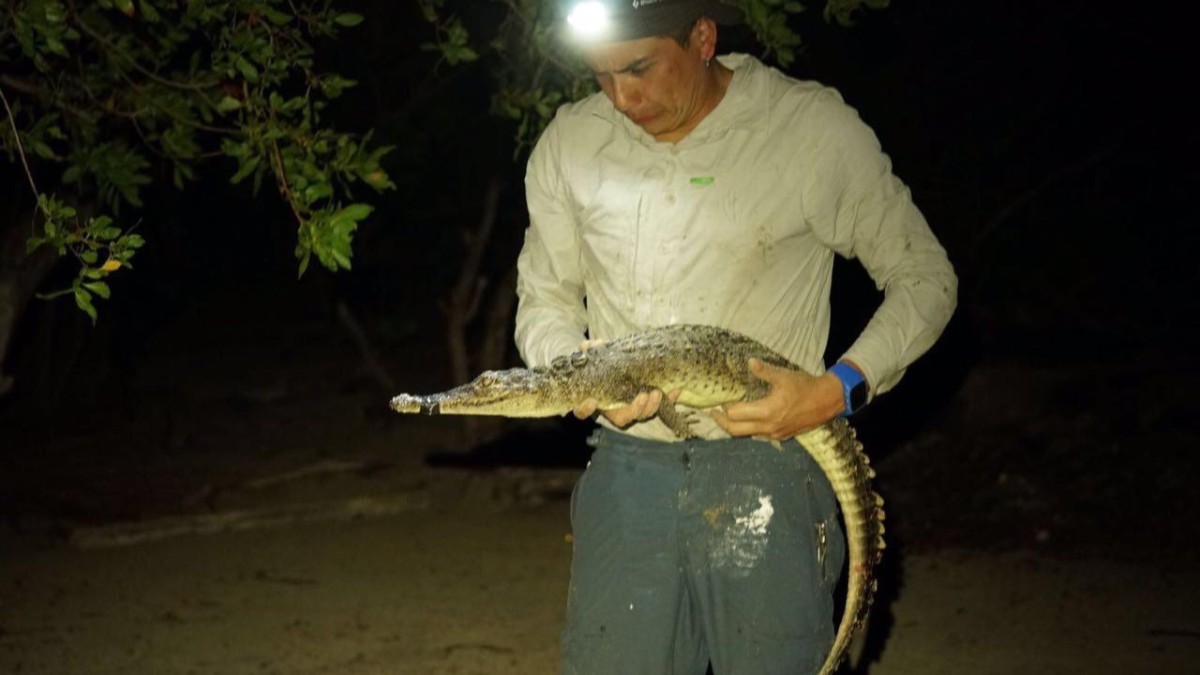Why We're More Interested in Sex During the Summer

People in the U.S. are most interested in sex during the early summer, as well as in December and January, according to a new study.
Researchers analyzed the keywords that people in the U.S. used in Google searches over four years, and found that every year, searches for keywords related to finding dates, prostitutes and pornography showed distinct peaks during June and July, and again during the winter.
"Wherever we looked within these three different areas — whether it was searches for 'eHarmony,' or for 'brothel' — there was this exact same pattern," said study researcher Patrick Markey, an associate professor of psychology at Villanova University in Pennsylvania. The timing of the peaks was remarkably consistent from year to year, he said.
Exactly why these two peaks in sexual interest occur isn't completely clear, Markey said, but the findings suggest they are linked to a general increase in the amount of time that people spend being around other people.
Previous studies of birth records have also suggested these peaks in sexual activity, especially in December, and researchers have speculated that one reason for this is a natural tendency toward giving birth in the late summer or early fall.
"But if that was the only reason, there'd be no reason to watch porn or find a prostitute," Markey said. "It's more like, something about being around more people, or being around people more often, that makes us more interested in sexual activity," he said. The summer time tends to bring a flurry of social activities, and December can bring holiday gatherings and shopping crowds.
Yearly variations in sperm quality and hormonal fluctuations have also been proposed as explanations, according to the study.
Sign up for the Live Science daily newsletter now
Get the world’s most fascinating discoveries delivered straight to your inbox.
Along with studies of birth records, research into STD diagnosis rates and abortion rates have suggested that sexual activity peaks during these two times of year. But most of these reports have looked at things that happen after people have sex. The new study added to what was known, the researchers said, by looking at behaviors that tend to occur in advance of sexual activity.
The researchers analyzed the keywords used in Google searches in the U.S. between January 2006 and March 2011. They looked at searches that included certain keywords related to mate-seeking behaviors (such as "eHarmony" and "Match.com"), prostitution (such as "call girl" and "escort") and pornography (such as "porn" and "boobs"). As a control, they also looked at the number of searches for neutral keywords, such as "dog" and "windshield."
For each keyword, they used an online tool that shows the percentage increase in searches relative to the normal amount.
They found that searches for prostitution-related keywords increased by 2.78 percent, and mate-seeking searches increased by 5.67 percent above average during January and July. Searches for pornography increased 4.28 percent above average during December and June, according to the study.
"Those somewhat small percentages represent a huge number of searches," Markey said, when you consider the millions of searches that are performed every day.
The researchers noted that in analyzing their data, they had to throw out one particular outlier: searches related to prostitution showed "a dramatic 35 percent increase" in March 2008, they said. "Such an increase likely occurred because, on March 10, 2008, the Eliot Spitzer prostitution scandal began, which ultimately led to his resignation as governor of New York," they wrote.
The study was published online July 19 in the journal Archives of Sexual Behavior.
Pass it on: Interest in sex peaks in the U.S. in early summer and early winter, a new study shows.
This story was provided by MyHealthNewsDaily, a sister site to LiveScience. FollowMyHealthNewsDaily on Twitter @MyHealth_MHND. We're also on Facebook & Google+.

